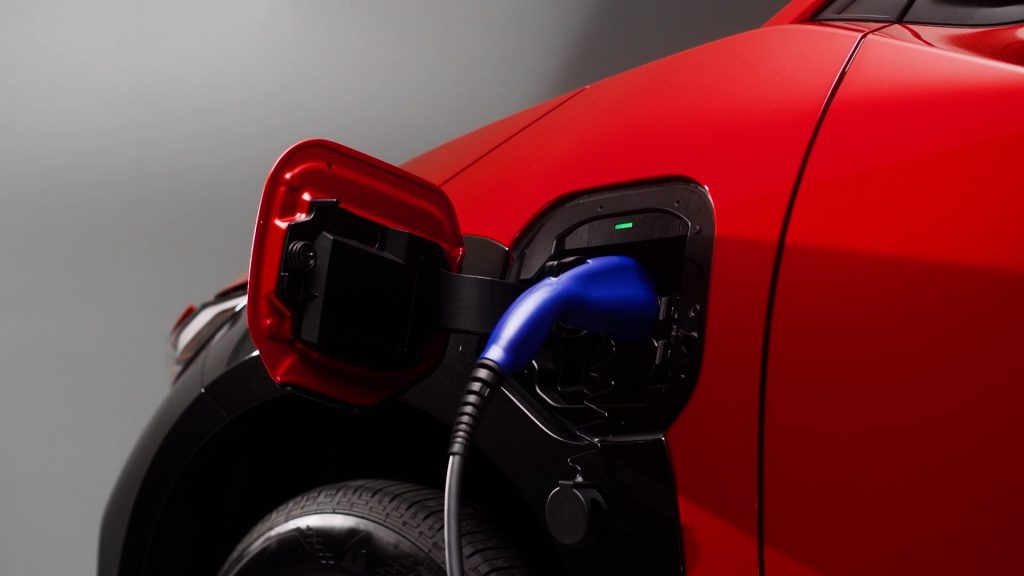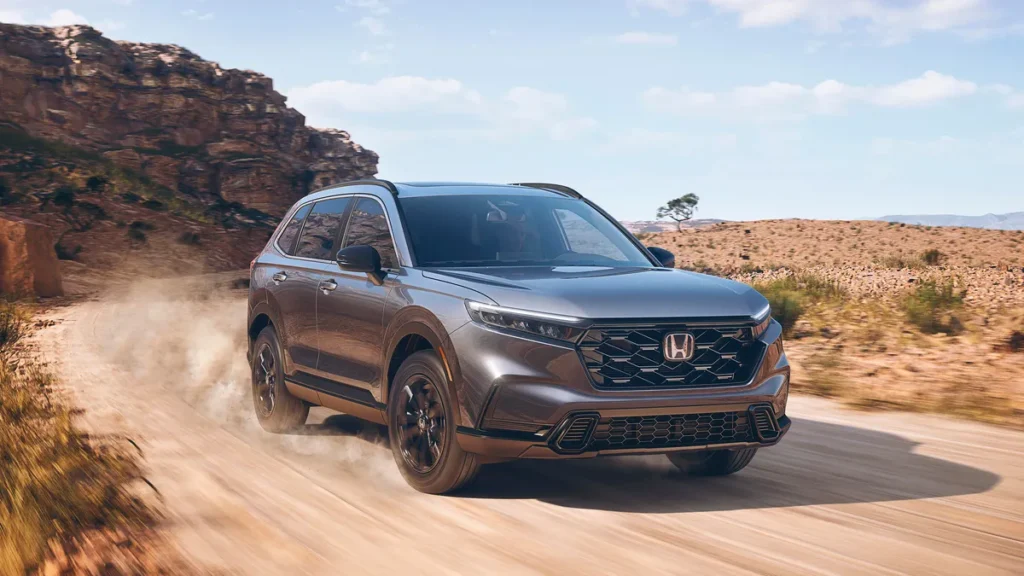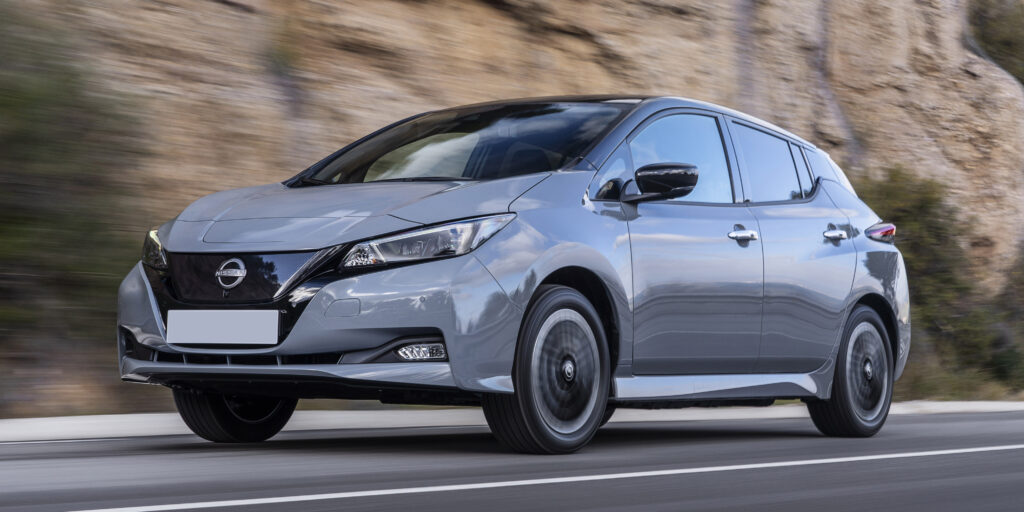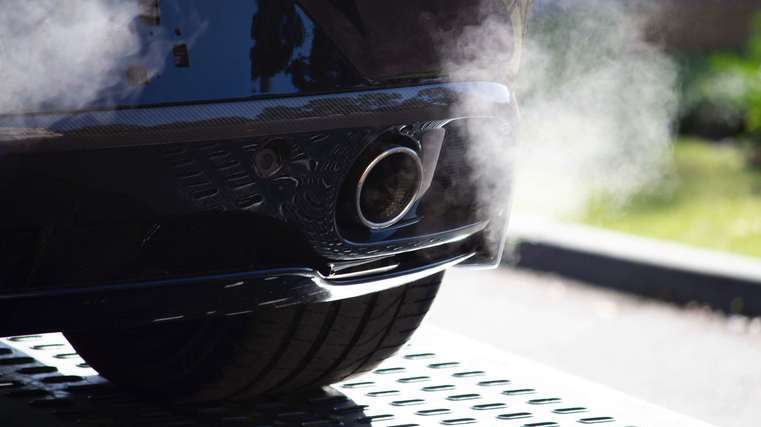The urgent need to fight climate change and cut carbon emissions is driving a change in the automotive sector globally. Around the world, automakers are stepping up by creating automobiles that offer outstanding performance and efficiency while reducing their negative effects on the environment. Three automotive giants continuously pushing the limits of innovation to produce vehicles that support the idea of a cleaner, greener future are Toyota, Honda, and Nissan. These automobile giants are acclaimed to be at the forefront of this green revolution.
We will examine the flagship green cars from each of these companies in this article, exploring the innovative technologies and environmentally friendly practices they represent. This comparison will also highlight the exciting advancements being made in the pursuit of environmentally friendly mobility to produce automobiles that are in line with the goal of a cleaner, greener future, regardless of whether you’re a tech enthusiast, an eco-conscious driver, or someone who is just interested in the direction of transportation.
Toyota: An Eco-Friendly Innovation Legacy

Toyota has long been a leader in the environmentally friendly automobile industry, and hybrid enthusiasts are familiar with the brand. The Toyota Prius Prime remains at the forefront for 2024. Thanks to its remarkable green score of 71, this plug-in hybrid is among the greenest cars on the market. Toyota also offers the bZ4X, an all-electric SUV that combines functionality and zero emissions, with a 77-kWh battery and stylish design. Beyond EVs and hybrids, Toyota is dedicated to sustainability. For a variety of drivers, models such as the RAV4 Prime and Corolla Hybrid strike a balance between efficiency and performance.
Honda: Innovation and Efficiency Come Together

Honda builds its green car strategy on adaptability. For example, the Honda CR-V Hybrid has been named one of the most environmentally friendly SUVs available. Its two-motor hybrid technology provides outstanding fuel economy without sacrificing functionality. With its compact size and zero emissions, the Honda Fit EV is a standout choice for anyone searching for a fully electric vehicle. Honda’s diverse line-up, which includes hybrids, plug-in hybrids, and electric vehicles, demonstrates the company’s commitment to lowering its carbon footprint. Honda’s vision of a cleaner, greener future is reflected in every model.
Nissan: Pursuing an Eco-Friendly Future

Nissan has made significant progress in the electric vehicle market, with the Nissan Leaf standing out as a particularly notable model. The Leaf, one of the first mass-market EVs, has set the benchmark for efficiency and affordability in the electric vehicle industry. Its 40-kWh battery provides a practical range for daily commuting, making it an excellent choice for environmentally conscious urban drivers. Although Nissan’s flagship green car is still the Leaf, the company continues to innovate with technologies to reduce emissions and enhance economy.
The Conclusion: A Superb Trio
In the pursuit of more environmentally friendly modes of transportation, Toyota, Honda, and Nissan each bring something unique to the table. Toyota is a leader in hybrid technology and provides a wide array of environmentally friendly options. Honda, on the other hand, combines innovation and efficiency, making its cars a practical choice for various lifestyles. Nissan has pioneered the EV market by offering reliable and affordable electric vehicles.
Ultimately, your priorities—whether they be price, range, or cutting-edge technology—will determine which green car is best for you. There is no denying that the future of environmentally friendly driving looks more promising than ever, thanks to these three automakers leading the charge.




